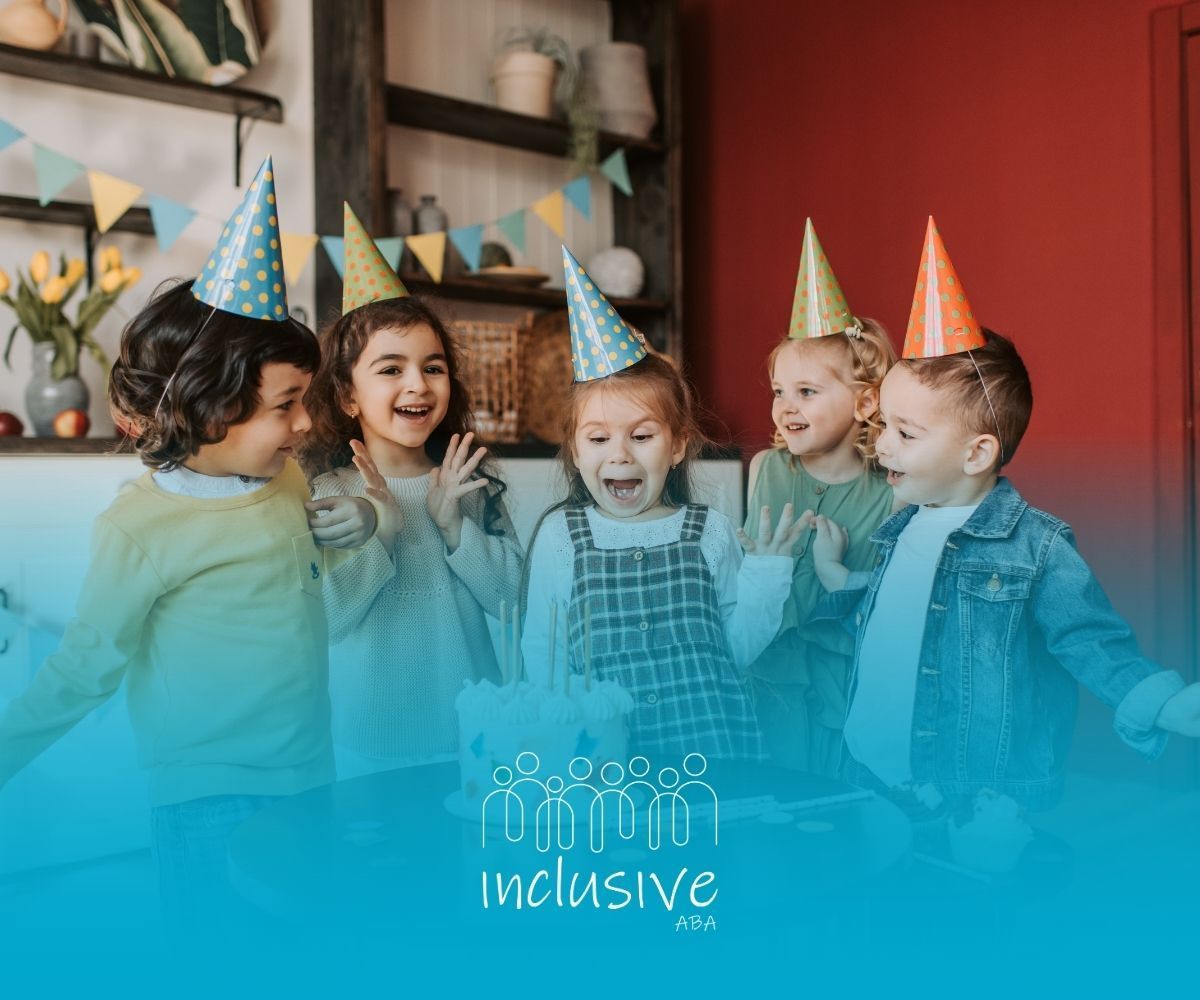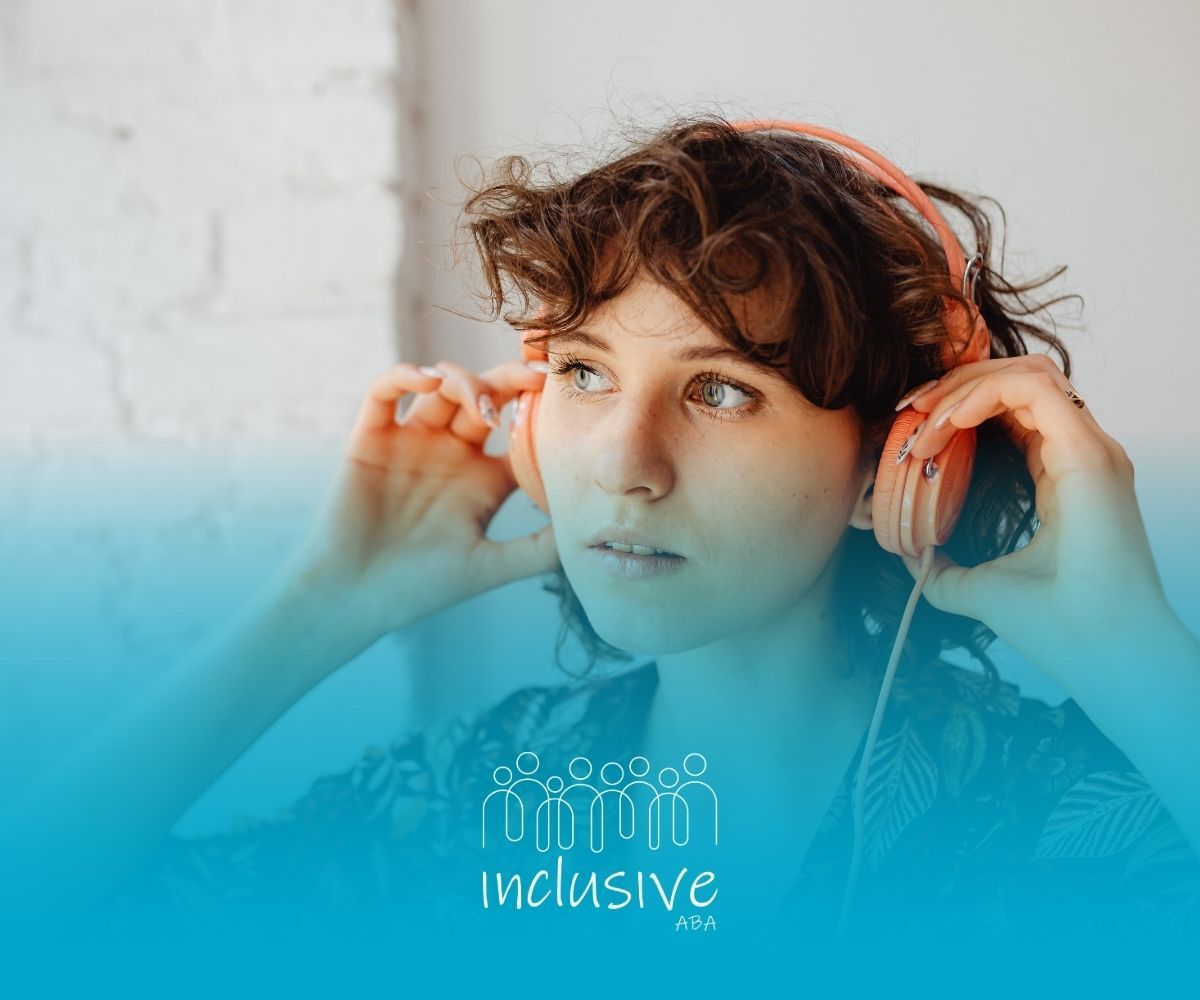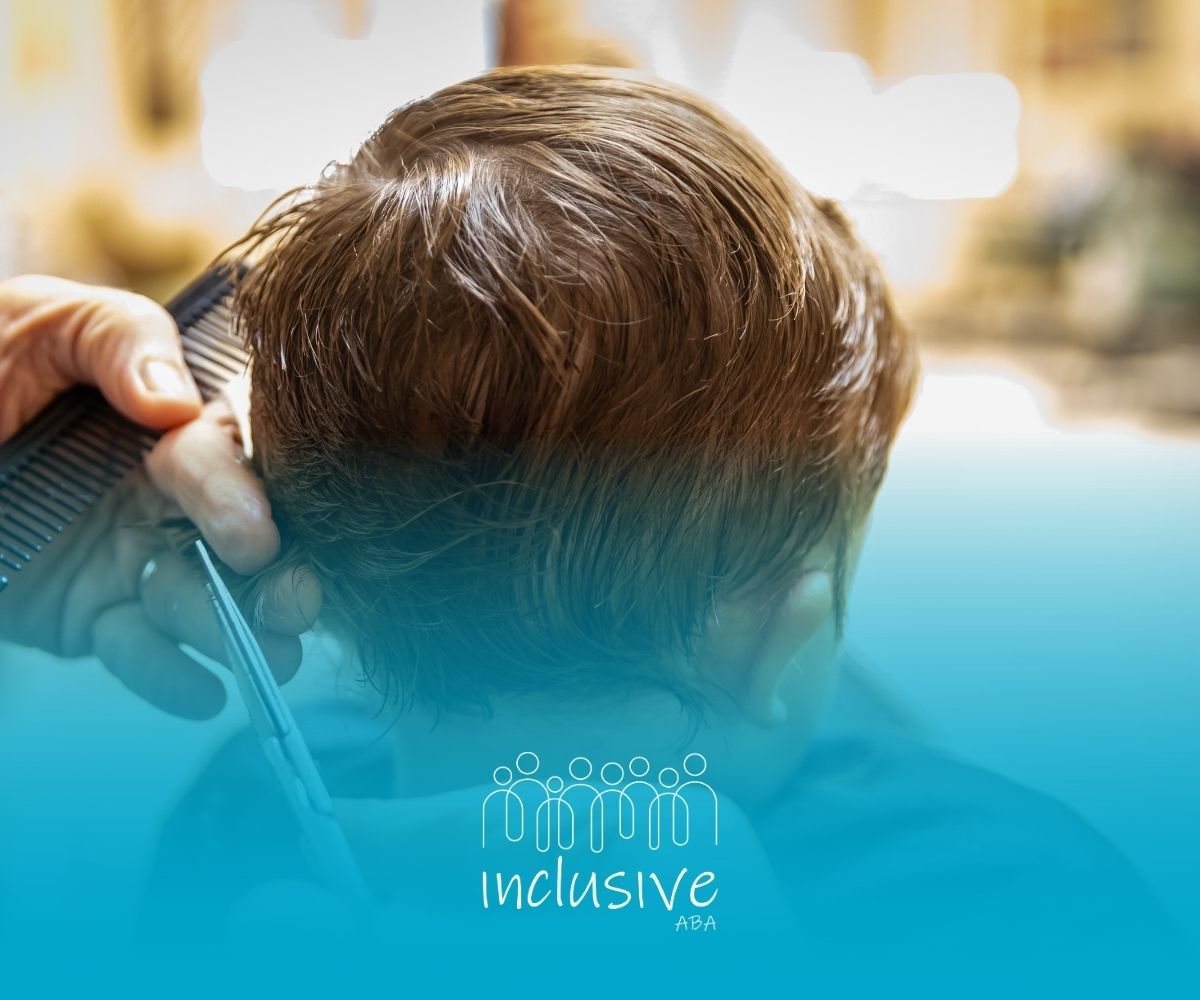Echolalia in Autism: Why Kids Repeat Words and What It Really Means
If your autistic child often repeats words or phrases they’ve heard before — like lines from a TV show, something you said, or even a commercial — you’re not alone. This speech repetition is called echolalia, and it’s actually a common part of autism communication development.
Many parents worry when they hear their child repeating phrases, but echolalia isn’t just “copying.” It’s often your child’s way of learning language, processing information, or expressing needs.
What Is Echolalia?
Echolalia simply means repeating what someone else has said. It’s common in children with autism, especially in early speech development. There are two main types of echolalia:
Immediate Echolalia
When a child repeats something right after hearing it.
Example:
Parent: “Do you want juice?”
Child: “Do you want juice?” (instead of saying “Yes”).
This repetition helps them process the question and may be their way of keeping the conversation going.
Delayed Echolalia
When a child repeats something they heard earlier — hours, days, or even weeks later.
Example: repeating a line from their favorite show, like “Let’s go on an adventure!” while getting ready to leave the house.
It might seem random, but often, it’s your child’s way of expressing excitement, routine, or emotion.
Why Echolalia Happens in Autism
For autistic children, echolalia can serve several purposes:
- Learning Language: Repeating phrases helps children practice how words sound and feel.
- Processing Information: Some children echo to help themselves think or understand what’s being said.
- Communicating Needs: They might use familiar phrases to express wants or feelings (“Time to go!” might mean they’re ready to leave).
- Reducing Anxiety: Repetition can be calming or provide a sense of structure in a world that feels unpredictable.
Instead of viewing echolalia as meaningless, it helps to see it as communication in progress — a stepping stone toward more independent speech.
How Parents Can Support a Child with Echolalia
With patience and the right strategies, echolalia can turn into meaningful communication. Here’s how you can help:
Model Short, Simple Language
Use clear, simple phrases your child can easily copy and use — for example, “I want snack” or “All done.”
Acknowledge Their Words
Even if they’re echoing, respond as if they’re trying to communicate. This encourages back-and-forth interaction.
Use Visual Supports
Pictures, signs, or visual schedules can help your child link words to meaning and routines.
Identify What They’re Trying to Say
When your child repeats something, try to connect it to the moment. Are they expressing excitement, need, or emotion? Over time, you’ll begin to recognize the meaning behind the repetition.
Work with an ABA Therapist or Speech-Language Pathologist
Professionals can use ABA therapy and other communication strategies to help your child build functional language skills and reduce reliance on echolalia over time.
How ABA Therapy Helps with Echolalia
At Inclusive ABA, therapists use evidence-based ABA strategies to help autistic children build communication skills in a positive, supportive way.
ABA therapy can help your child:
- Understand and use words meaningfully
- Learn how to answer questions and express needs
- Reduce repetitive speech through structured language teaching
- Feel more confident during conversations
Inclusive ABA provides services across:
Our programs include:
- Home-based ABA for personalized learning at home
- School-based ABA to support classroom communication
- Parent training to help families encourage language growth at home
Echolalia is not a setback — it’s a starting point. Learn more about how Inclusive ABA can help your child build real communication skills.
FAQs
1. Is echolalia always a sign of autism?
Not always. Many young children repeat words as part of typical language development. In autism, it often lasts longer and serves different communication purposes.
2. Will echolalia go away over time?
With support and consistent therapy, many children move from repeating words to using their own language to express needs and ideas.
3. How can ABA therapy help with echolalia?
ABA therapy focuses on understanding why a child repeats words, then teaches alternative, functional ways to communicate more effectively.
Sources:
- https://my.clevelandclinic.org/health/symptoms/echolalia
- https://www.webmd.com/parenting/what-is-echolalia
- https://www.healthline.com/health/echolalia
- https://www.verywellmind.com/what-is-echolalia-in-adhd-5270533
- https://pmc.ncbi.nlm.nih.gov/articles/PMC9997079/
Looking for Expert Help? We're Here for You!
Our compassionate and skilled team is devoted to enhancing your child's development through customized ABA therapy. Let us partner with you to create a supportive environment for your child's success.
Discover how we can help your family thrive with expert ABA therapy.
Related Posts







